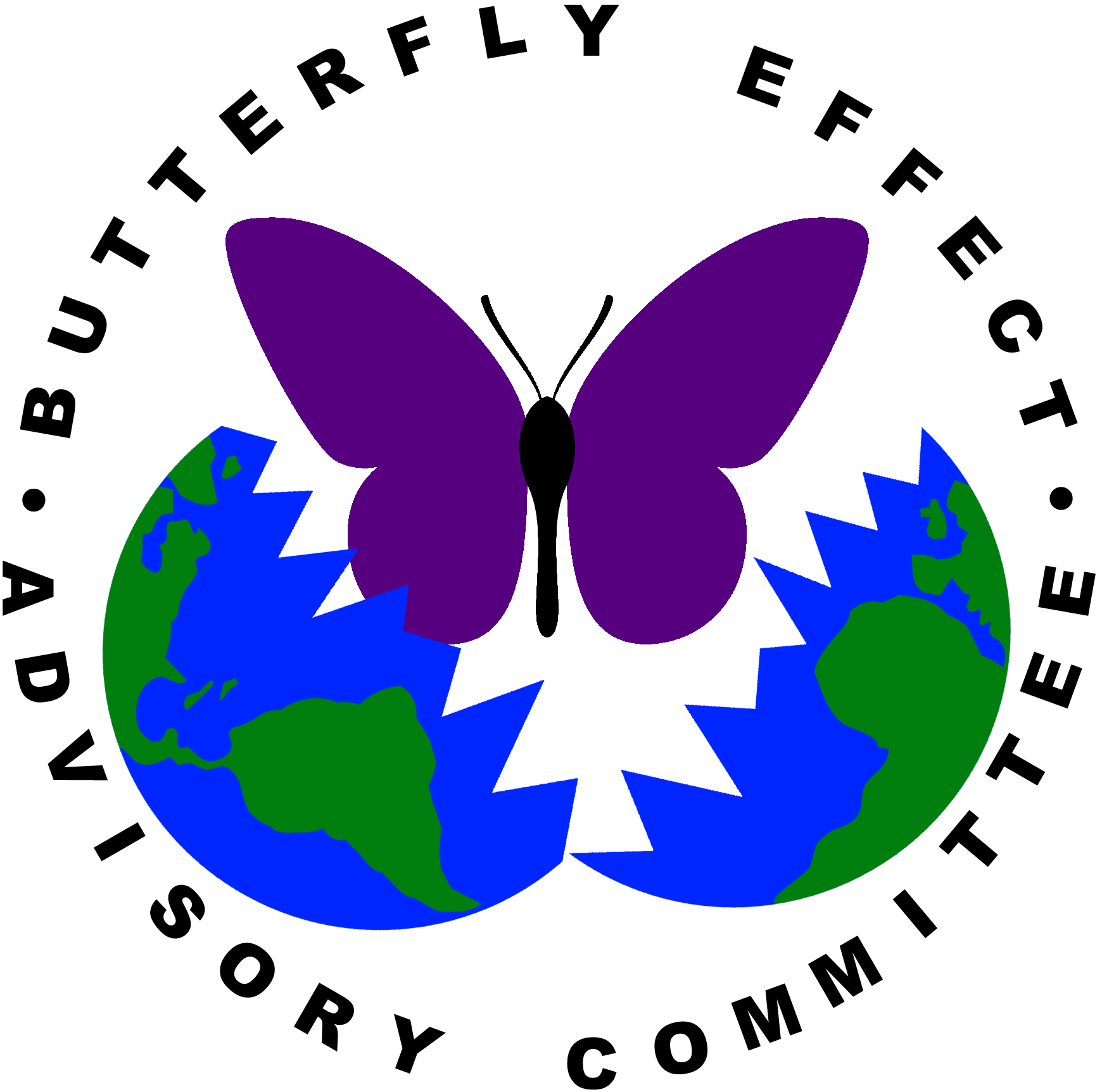The Partitioning
Some people like to troll entropologists by opening their slack-jawed, slobbering mouths and going "dur hur hur, society exhibits a trend of increasing centralization and interconnectivity, and as our horizons expand, more of society will be brought into harmony, so what do you think of that?" Most recently I ran into this asinine sentiment from Professor Hazard McKinley, who I maintain is a literal sack of shit that someone throws across a room so they can submit the resulting splatter pattern to academic journals.
So the argument goes like this: everything tends toward unity and interconnectedness. The more we centralize stuff, the fewer problems we have. Centralization increases as time goes on. Therefore, everything's going to turn out okay in the end. So yeah, that argument? Bullshit, all of it. In reality, civilization's been going downhill since the invention of the nation-state.
That invention was called the Partitioning. When the Partitioning went down, the Guild of Mapmakers had just been formed, and they were spreading their tendrils out all over the place to figure out how to represent the world. And they were trying to deal with this issue of how do you look at the map and know who's in charge of a particular piece of land? Hospitality culture was big back then—not anymore, of course, because everything goes to shit—and you had to know who you were bringing guest-gifts for.
So the Guild tried writing down the names of the big nations in the general area they were known to control. This turns out not to work, since national land control ebbs and flows all the time. So they went "fuck it" and just drew these big lines all over the map. Bam, now this side is Selestei and that side is Ulgrav. Easy peasy.
Problem is, before the Partitioning, no one gave a shit about who owned the land. They cared about who owned what was on the land. If you're an ancient Ulgravian horseprince, your main pre-Partition concerns look like this: "We need water. Who do I kill to secure this river? Should I have the horde graze on this hill? How do we get around that ominous floating cube?" But after the Partition, all of a sudden there's this invisible line down the middle of your grazing plains, and if you cross it King Musclebrain the Painfully Loud sends the Grim Weepers after you.
I always get pissed off by these soft-skulled armchair theorists who hail the Partitioning as a great thing because it eliminated the constant tribal war. Tribal wars are small and over concrete, finite things like water. But after you invent states, it becomes possible to go to war because your fucking Sovereign isn't satisfied with the size of his genitalia. Have you ever met a Sovereign who was secure in their genitalia size? It was a fucking mistake to let states own land and we should undo the whole thing.
Gwen Hanson, PhD
Citations: Grim Weepers / Ominous fixed-point cubes / Professor Hazard McKinley / Selestei / The Ulgravian Diaspora / The Venerable Society of Cartographers / The War of Durun's Ass
Cited by: Concluding Recommendations: Cincinatta Rubric / Iurezza (Sneezing on the King Eternal album) / Razor Valley / The Venerable Society of Cartographers
When the Guild drew up the first maps with national borders on them, which formed the basis for subsequent territorial claims, a curious problem emerged. The borders themselves took up a nonzero amount of space on the map, leading troublemakers to ask who owned the land on which the borders were drawn. Despite the Guild's best efforts to draw the maps large and the borders thin, these border corridors ("borridors") could be miles wide in some places. This was handled in a variety of ways across the globe. On the Careless Continent, national borders were too ephemeral to matter. Once Lepazzia drifted off the continent, its new neighbors across the ocean simply ceded the new borridors to Lepazzian control rather than attempt to face the withering Lepazzian passive-aggression that would accompany trying to negotiate their use. Similarly, the borridors around Kingsland are generally left alone, but that's mostly because nobody wants to get any closer to Kingsland than necessary.
Dr. Remilion Christophy
Citations: The Careless Continent / Lepazzia
